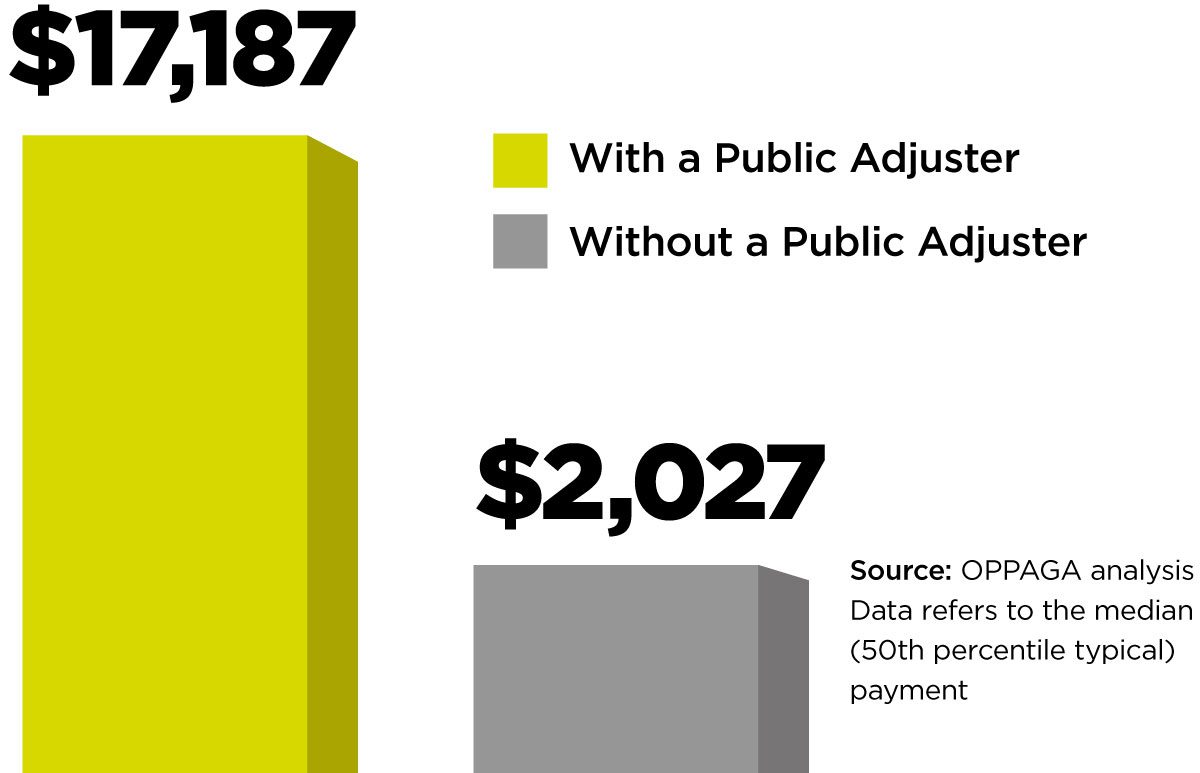Getting the rightful compensation for your property from an insurance company can be a time-consuming and challenging task. It can even become a full-time job, which can be overwhelming and frustrating, especially when you are already dealing with the aftermath of a significant loss of property.
It is crucial to realize that public adjusters work exclusively in your best interest, not the insurance company’s. Their role is to ensure that you receive the proper indemnification for your lost and damaged property. That’s why it’s vital to have your own adjuster who will represent your needs and negotiate with the insurance company on your behalf.
Dealing with insurance companies can be stressful and demanding, and it can divert your attention from the most important tasks at hand – recovering from a natural disaster and getting your life back on track.


